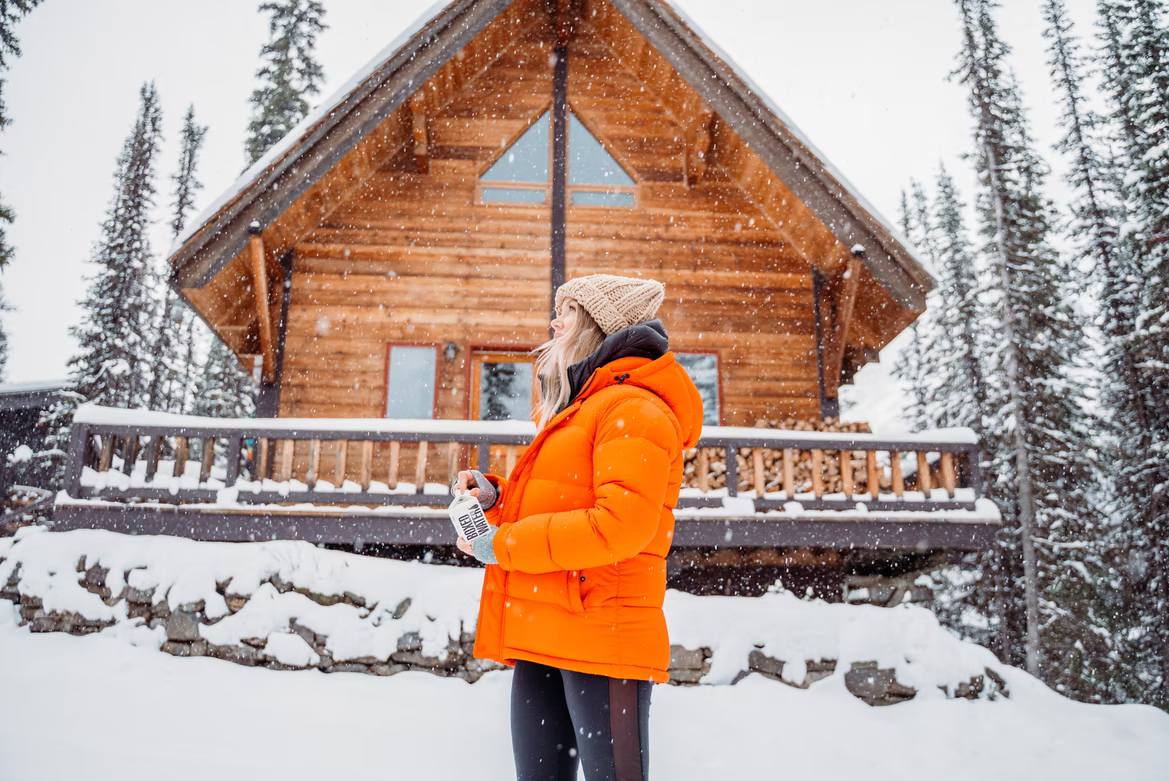Guest Post - 5 Ways to Prevent Winter Water Damage in Your Home
Your house is a refuge from cold weather, but only if you take precautions and avoid potential problems. Freezing temperatures, snow and ice can cause costly repairs if you don’t know what to expect. Here are five ways to prevent winter water damage in your home so you and your loved ones stay safe and warm.
1. Avoid Adjusting Your Thermostat
Many people turn their thermostats down at night to save money on their electric bills. It may save you a few dollars, but that savings won’t mean much if your pipes burst. A cold house makes it more likely that outdoor freezing temperatures will cause plumbing problems. Avoid expensive repair bills by leaving your thermostat at the same temperature.
2. Leave the Heat On
Winter is a popular time to take a fun vacation or travel for the holidays. Before leaving home, avoid the temptation to turn your heating unit off. Plunging your home into freezing or below-freezing temperatures makes plumbing problems more likely and may cost more to reheat after you get back home.
3. Check Your Pipes
It’s always a good idea for homeowners to look for cracks in their indoor piping. They make pipes more susceptible to exploding from freezing and thawing water. Leaks release grey water into your home, posing a health concern. Grey water includes contaminants, such as discharge from your dishwasher, kitchen sink and bathroom sinks. Look for cracks and repair them to maintain a healthy home environment.
4. Open Your Cabinet Doors
If your nightly weather report warns of temperatures dipping below 32 F, leave your cabinets open before going to bed. It helps warm air circulate around the piping under your sinks so the water inside them doesn’t freeze. You’ll get more use from your piping and prevent winter water damage in your home.
5. Inspect Your Roof
Storm damage can loosen shingles or make tiny cracks in your roof. Water that melts, freezes and thaws expands existing flaws and allows more water inside. You could deal with roof rot or mold, so schedule an inspection every winter. A professional will look for tiny structural problems after storms or during annual visits and prevent expensive repairs.
Prevent Winter Water Damage in Your Home
Prevent winter water damage in your home before the first seasonal storm blows through town. Simple steps like checking your plumbing, keeping your thermostat the same temperature and inspecting your roof will make your holiday season much safer and more enjoyable.
Author bio: Rose Morrison is the managing editor of Renovated, where she offers advice on home renovation, maintenance, and organization.


